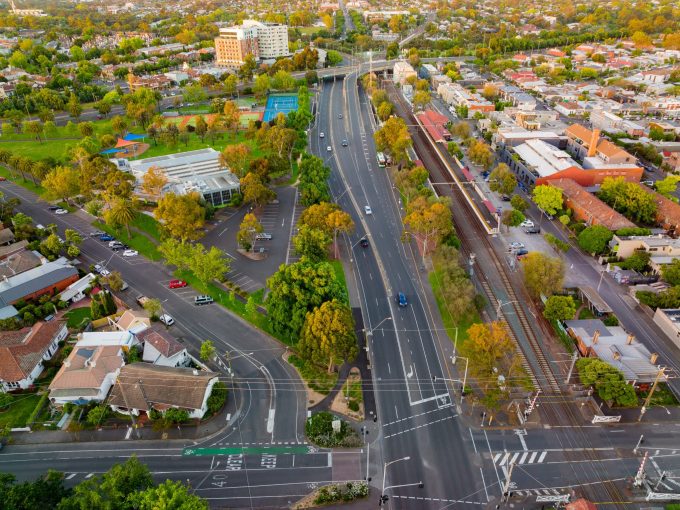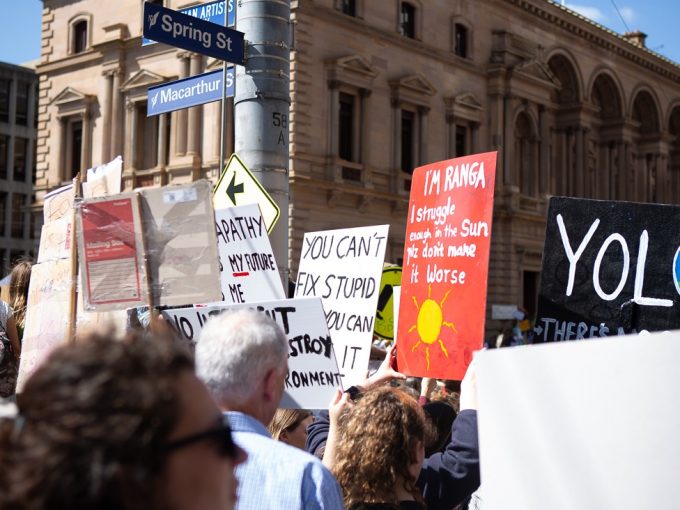The Conversation’s experts respond to what the Coalition’s agenda will mean for key policy areas.
Original article in full published on The Conversation, 10 July 2016
Infrastructure and transport
Jago Dodson, Professor of Urban Policy and Director, Centre for Urban Research, RMIT University
The campaign was significant for urbanists: it was the first election in decades in which each major party had a detailed policy vision for cities and urban infrastructure.
The campaign was significant for urbanists: it was the first election in decades in which each major party had a detailed policy vision for cities and urban infrastructure.
The Liberals promised a mix of infrastructure projects, including extending the Gold Coast light rail and supporting the Sydney and Melbourne metro tunnels, as well as various urban road projects such as WestConnex in Sydney.
In urban policy, the Liberals offered a Smart Cities fund to invest in economically innovative urban and suburban redevelopment projects via City Deal financial packages, including one such deal specifically targeting western Sydney.
With a Liberal government we’ll likely see the rollout of its already-released Smart Cities policy including new financing arrangements for urban infrastructure combined with sub-metropolitan spatial planning via City Deals. There are still many aspects of this policy to be clarified, such as the extent of government funding that will be contributed to the City Deals.
Overall the 2016 election bodes well for cities, though there are some risks with the Liberals’ policy. The government will fund the misguided WestConnex project in Sydney, which will reduce the funds available for public transport. And the City Deals scheme hasn’t yet taken shape, but it is important that this funds public transport given the dearth of such infrastructure in Australia’s suburbs and the need for suburban place-making through concentrated rail-based hubs.
The Liberals’ policy leaves some major urban projects in doubt, such as Brisbane’s Cross River Rail. In addition to the physical investment under the Liberals’ schemes, new institutional arrangements will likely be needed to provide the co-ordination and program management these presume. What these will look like is not yet known.
The need to radically reduce Australia’s dependence on fossil-fuelled urban transport systems is largely overlooked by the Liberals’ urban platform, as are the pressing issues of achieving social equity and environmental sustainability in our cities.





